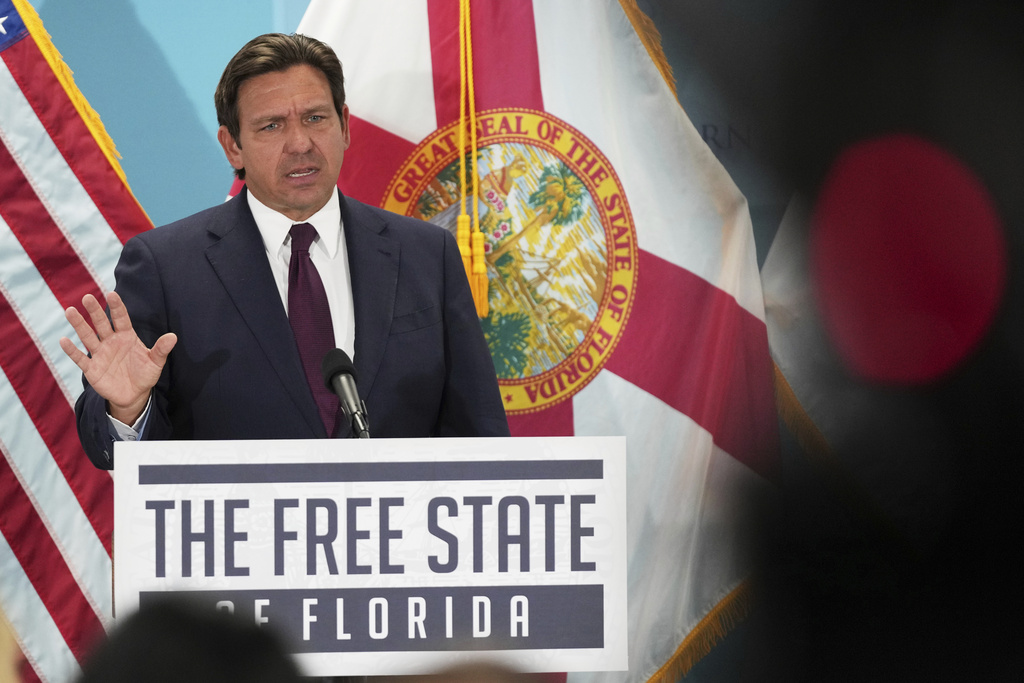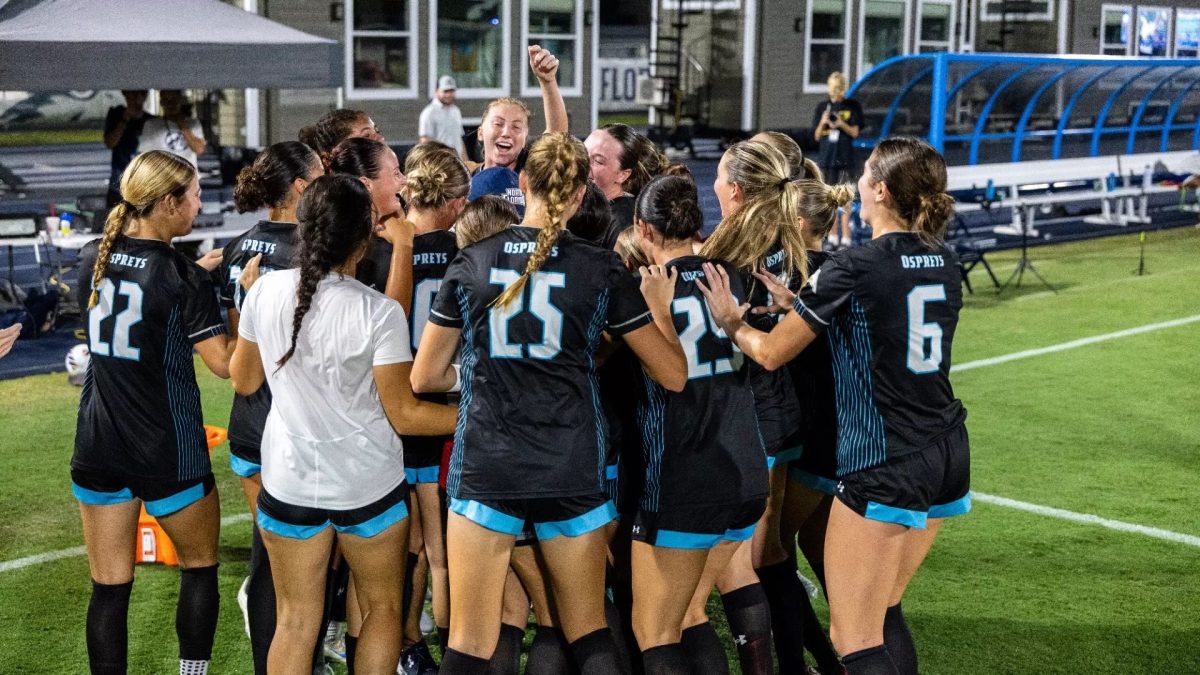Out-of-state students at the University of North Florida could see a tuition rise of up to 10% starting this fall, and up to 15% starting fall 2026. The raise in tuition comes after the Florida Board of Governors unanimously adopted a new rule at their meeting on June 18.
The change, which allows individual universities to propose increases subject to board approval, marks the first major hike in Florida out-of-state tuition by a public university since 2012. While university leaders welcomed the flexibility, concerns remain over how the cost increases could affect current students and out-of-state enrollment.
The board’s new ruling would allow the University of North Florida to raise the cost of tuition by up to 10% starting this fall semester, and 15% starting fall 2026.
“We really are thrilled that you are giving us this opportunity to increase the out-of-state tuition,” said UNF president Moez Limayem at the meeting.
However, Limayem asked the board if the regulation could be altered to allow each university to increase its fee over a longer period of time than just two years. Although Limayem pushed for more time, saying he didn’t want to shock out-of-state students, the regulation ultimately remained unchanged and passed with the two-year stipulation.

A tuition raise would require approval from each university’s board of trustees. If approved, the raise would move to the board of governors for approval. Every school must maintain its current ratio of in-state and out-of-state students, regardless of changes in tuition costs.
“We would ask the boards of trustees to be mindful about how they want to pursue this,” Vice Chair Alan Levine said, referring to concerns about significantly increasing tuition for currently enrolled out-of-state students.
Past information on out-of-state fees in Florida
Florida public universities have not raised out-of-state tuition costs in over a decade, with some having gone 20 years without raising out-of-state fees, according to Levine. The last time a Florida university increased its out-of-state fee was USF in 2012.
According to a tuition overview provided by the board, UNF last raised its out-of-state tuition in 2011 from $425.02 to $457.27 per credit hour. To compare other Florida schools, USF currently has the lowest out-of-state fee at $346.50, and UF has the highest at $707.21.
The board’s tuition overview notes that Florida had the third-lowest cost of tuition and fees for out-of-state students at $21,690. This is 28% lower than the national average of $30,140.
In Florida, the total number of undergraduate out-of-state students has increased by 168% since the last raise in out-of-state tuition in 2012.
Possible cost estimates at UNF
According to a Florida statute, universities cannot increase annual tuition rates by more than 15%. This rule applies to both in-state and out-of-state students.
Below is a list of estimates for undergraduate out-of-state tuition per credit hour at UNF, with a five, 10 and 15 percent increase.
Potential UNF costs (per credit hour)
- Current cost: $457.27
- 5% increase: $480.13
- 10% increase: $503
- 15% increase: $525.86
Three new university presidents approved in Florida
During the Florida BOG meeting, the board approved new leadership for three public universities: former Lt. Gov. Jeanette Nuñez at Florida International University, Marva Johnson at Florida A&M University and Education Commissioner Manny Díaz Jr. as interim president of the University of West Florida.
All three have ties to Gov. Ron DeSantis and the Republican Party and have not previously served as university presidents. Díaz is the only appointee with experience in higher education leadership, having worked at Florida’s private Doral College.
The appointments follow the board’s recent rejection of Santa Ono, a seasoned university president and supporter of DEI initiatives, for the top role at the University of Florida.
As Florida’s public universities weigh tuition increases for out-of-state students, questions remain about how the changes will impact affordability and enrollment. With final decisions resting in the hands of each university’s board of trustees, out-of-state students are left waiting to see how their college costs might be affected.
___
For more information or news tips, or if you see an error in this story or have any compliments or concerns, contact editor@unfspinnaker.com.















